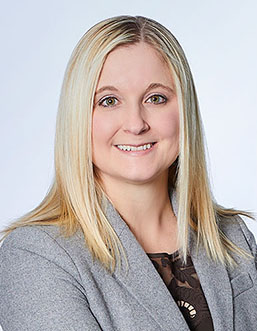Professional liability insurance, often presented in the form of an “errors and omissions” policy, is a form of liability insurance providing coverage for claims made as a result of professional advice or services. Professionals including attorneys, accountants, engineers, architects, insurance brokers/agents, and real estate brokers/agents should maintain professional liability insurance to protect their businesses and assets. This blog entry will provide a quick, general guide to some key aspects of most professional liability insurance policies. Professionals are encouraged to refer to their own policies and seek guidance from their own insurance brokers/agents to understand the specific terms and conditions of coverage for their policies.
Claims-Made Insurance Policy: Most professional liability insurance policies are “claims-made” policies. Under these types of policies, coverage is triggered when the negligent act or omission is discovered and reported to the insurance company during the applicable policy period, regardless of when the act or omission occurred. This approach is in contrast to most general commercial liability or homeowners’ policies, which are usually “occurrence” policies. Unlike a claims-made policy, an occurrence policy triggers coverage when the negligent act or omission occurred during the policy period.
Because coverage under a claims-made policy is triggered by discovery and reporting of a claim to the insurance company, most policies will require the professional to timely report any claims or potential claims to the insurance company within the policy period. Timeliness of reporting is a hotly contested issue, and because failure to timely report in accordance with the requirements of the specific policy can bar coverage for the claim, a prudent professional should always consult his or her policy, broker/agent, and/or insurance company when faced with notice of a dispute or possible dispute arising out of his or her professional services.
Moreover, applications for professional liability policies, whether for an initial policy or renewal of a policy, will often require the professional (and/or his or her entire firm or business, if the firm or business is the named insured on the policy) to inquire and report any potential claims before the policy is purchased. Again, because of the dire consequences if it is later found a claim should have been reported at the application time but was not, the professional (or the leaders of the firm or business) should: (1) make an honest and extensive inquiry regarding the existence of potential claims; (2) report any known disputes that could be a claim or potential claim; and/or (3) seek professional assistance with this process.
Wasting Policies: Many professional liability policies are what are referred to as “wasting policies” or “diminishing limits policies.” With such policies, the cost incurred to hire defense counsel and defend a claim
is subtracted from the limits of liability on the policy. For example, if the limits of liability for a wasting policy is $1,000,000 per claim, but it cost $250,000 to defend a claim, the available limits for indemnity purposes
would be $750,000. Professionals should be aware of and understand the implications of such a policy
before purchasing it.
The next blog entry will discuss exclusions commonly found in professional liability policies.

